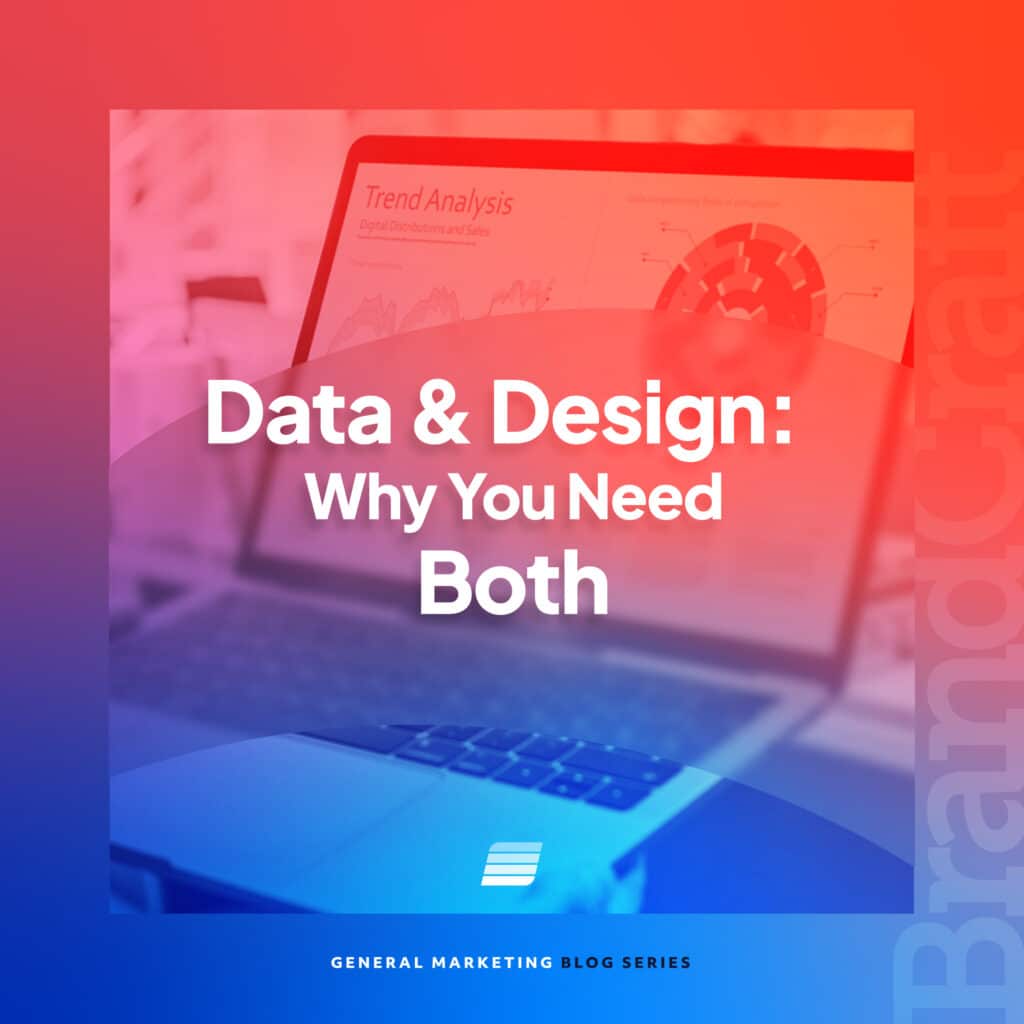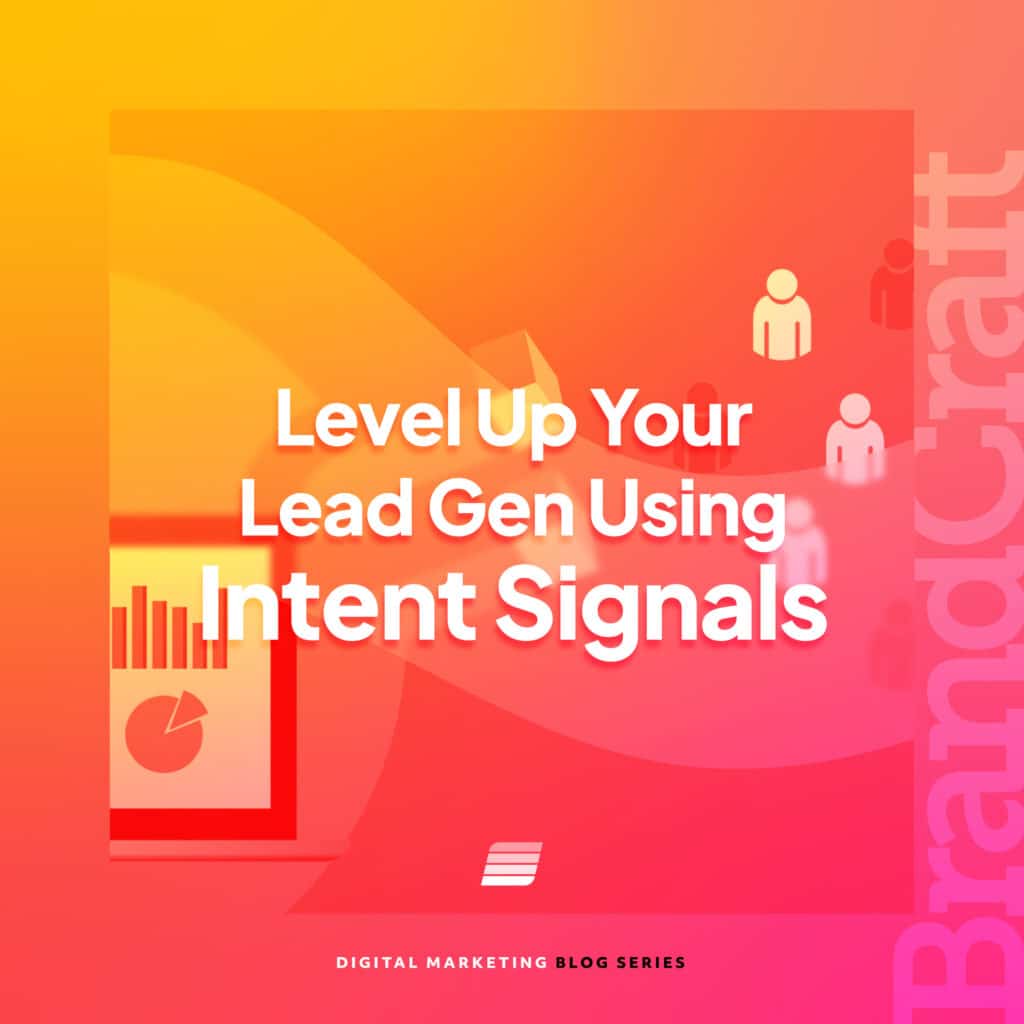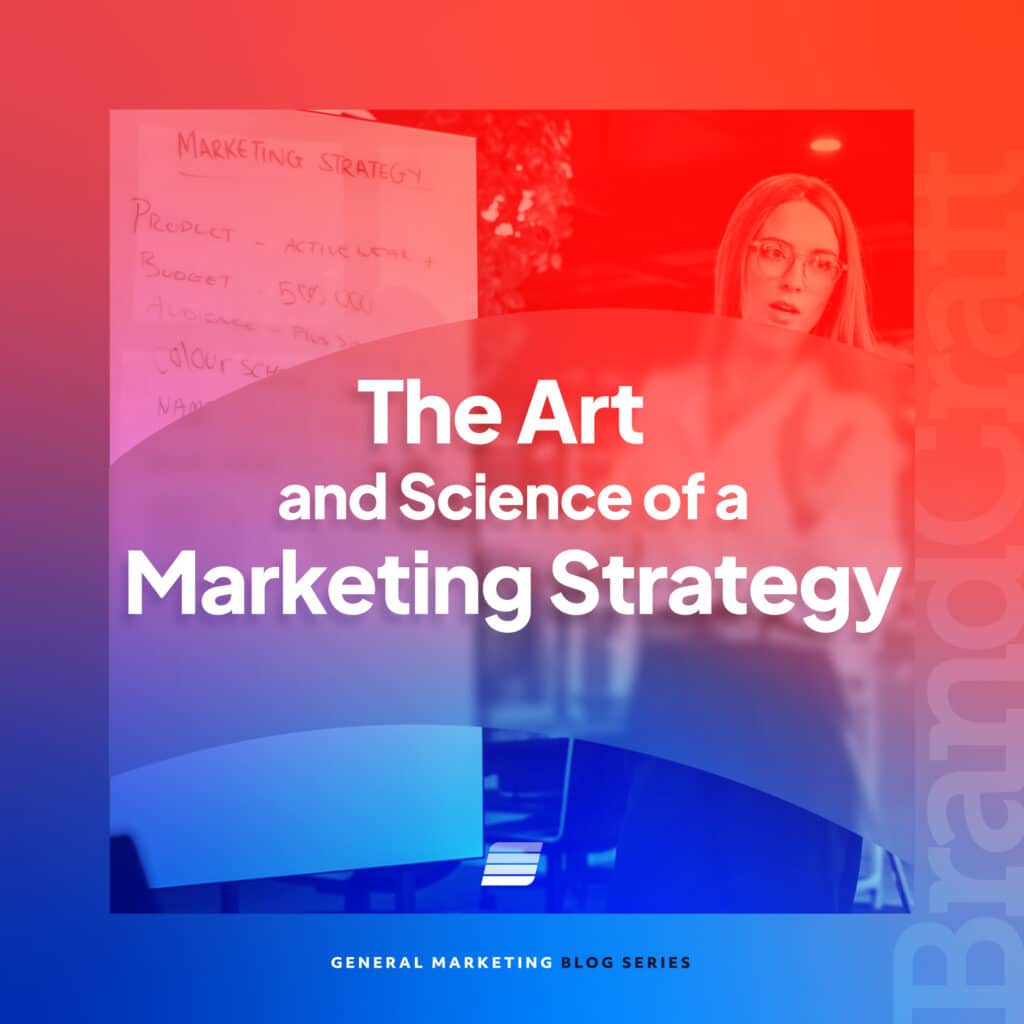Are you paying too much per click for Google AdWords?
October 7, 2013
Note: BrandCraft Media is a part of the Google Partner program. We are not affiliated with Google in any business arrangement, but are recognized by Google as an agency provider of Google AdWords.
Did you know that not every business pays the same for the Google AdWords click rate or Cost Per Click (CPC)? If you are spending what seems like too much for your AdWord text ads then the following may help you reduce your advertising spend and get more qualified clicks in the process.
Google uses a quality score and your maximum CPC rate to determine the ranking of the ads that appear on the Google search network. This means that two ads that have the same bid, but differing quality scores will show in different places for a relevant search. We will explain how the quality score affects your ads placement and how Google determines where to place your ad. This tutorial will only discuss google text ads, not the Google display network which allows you to place image banner ads.
How does Google decide what ads to show for a specific search?
Your text ad is only shown for relevant searches based on your keywords and the content of your ad. It is similar to organic search (the results that show below the paid ads) in the way Google determines relevance, but different because you can buy a position higher than you normally might rank by paying more.
When a user enters a search using the Google search engine relevant ads are processed through the search engine and the ads are placed on the search results page based upon a factor of the relevance to the search and the ads quality score and bid. The ad that ranks the highest for that search is placed in first position and the rest are followed by ranking.
How can I rank higher?
Pay more or Optimize
Two ways – you can increase your Quality Score or you can increase your bid. When we review our customers AdWords spend, the biggest mistake we see is business owners who have a low quality score and therefore must set a high bid amount to have their ads show. It takes more work to increase your quality score, but the long term benefits are much greater.
How can increase my Quality Score?
Increasing your Quality Score is more difficult than increasing your bid amount. To increase your Quality score you must choose specific and relevant keywords for your ad group, write specific ads with keywords that match your keyword list, and have the landing page reflect those keywords. Google is looking for a match in your keyword, your ad and your landing page on your website. If all three don’t have a strong match, you will pay more than a competitor that has a strong match. If you have every ad in your ad group directing to your companies home page, you are likely loosing out on quality scores that could be increased by creating a quality landing page that is optimized for that keyword.
You will likely need to create ad groups within AdWords that are organized by keywords, ads and landing pages. If you don’t take this step, you will have a harder time getting your quality score to increase.
How do keywords affect my Quality Score?
You choose the keywords list for your Ad Group.
Keywords don’t necessarily affect the quality score, but the match of your keywords to your ads and the landing page DO affect your quality score. So it is important to group your keywords in similar topics so that your match to your ads are better. Also, use Google AdWords negative keyword list to remove unwanted searches like “free”, “downloads”, “blue” or other keywords that won’t lead to quality traffic. This can be time consuming, but is worth it after time. There are other options in your campaign settings for direct match or broad match options that can affect how your keywords are used, so be aware of these options.
How do Ads affect my Quality Score?
Text ads are created when you start your campaign
The ads you create must be relevant and have matches to your keywords. If somebody does a search for “widget x” using Google and you have a keyword “widget x” and an ad with the text “widget x” in the title and description that is a high quality match. We see a lot of clients who use the keyword “widget x” in their keyword list, but don’t have a quality ad that contains the text “widget x”. Their ad may contain a relevant term related to “widget x”, but we are looking for a exact match when trying to reduce the spend and increase the Quality score. Bottom line, your ads should contain the keywords with an exact match as much as possible.
How does my landing page affect my Quality Score?
The landing page is the page on your website you direct the ad to take visitors who click on your ad.
Google analyzes your landing page for the relevance to the search term, your keyword and the your ad. So your landing page places a big part in the quality score of the ad. You must create a quality landing page for “widget x” to get the best possible quality score and pay less for your ads. Creating quality landing pages isn’t just a good idea if you are running a Google AdWords campaign, it is important for Search Engine Optimization as well. If you are directing all of your AdWords ads to your homepage, I can almost guarantee you are paying too much.
How does my Click Through Rate affect my Quality Score?
The Click Through Rate is the number of clicks on your ad divided by the total impressions or number of times your ad is shown.
It matters. Google wants to show ads that get clicks, they make more money and it reinforces the belief that the ad is relevant if people are clicking on it. If an ad campaign gets a high click through rate, the quality score of the ads within that campaign will be higher. That is why it is important to start with quality keywords, ads and landing pages from the start of a campaign. It is possible to resurrect a poor performing campaign, but it is much easier to create a quality campaign from the start.
How does my Bid affect my Quality Score?
You determine the bid amount for your ads.
It doesn’t. Your bid has no affect on your quality score, although it will affect how your ad ranks and how much you pay for CPC. Remember, Google doesn’t determine the final rank of your ad based on the quality score – that is determined by your quality score coupled with (or multiplied by) your max bid. Even those who have a low quality rank can still rank very high or first if they bid enough per click. Google doesn’t allow you to placed ads that are misleading or have no relevance at all to a search, so you can only go so far in buying your way to the top. Google is interested in relevant ads as much as they are in relevant search results.
Other tips for decreasing your AdWords spend.
Once you have completed and optimized your campaign as much as you can there are other ways to save. First, you don’t always have to have your ad show in the number one position. Google has many options for selecting how they place your ads and how much you bid. You can have Google do the bidding for you after you set a max daily spend. Google will determine how much and how often to show your ad based upon your campaign settings. At times we will allow Google to do the bidding for us, but other times we may manually bid certain keywords so that our ad shows on the first page but is not in first position. This is a good way to spend a lot less and still have your ad shown on the first page of search results. It takes more time and resources to manually edit your bids an monitor performance, but could show benefits in the long run.
How much should I spend?
You are in complete control of how much you spend.
You should spend as much as allows you to still make a profit. For some customers this is an easy calculation, especially if they are selling products online that can easily be tracked. You simply track your sales conversions and compare that against your AdWords spending to determine if you are making a profit. Other service industries may have a harder time deciding how much to spend. We always encourage those clients to determine how much a client is worth to their company for the lifetime of that client. With that information we can take a guess on the ad spend necessary to convert new clients. Often times we must monitor performance over a time period to determine if any new conversions (new clients) were created. You must be able to track these internally. A good process for questioning clients on “how did you hear about us” is a good way to start the tracking process. You can also set smaller conversion goals like, we would like a percentage of AdWords traffic to submit a contact form or sign up for our mailing list. These actions are trackable.
We always suggest our clients run their ads for a length of time with a decent budget that allows us to analyze the data. Running advertising spends of less than $50 a month doesn’t give us much data to analyze since your ad will likely not run much in a months time.
Should I hire a professional?
We are here to help in any way we can and encourage clients with any budget to call us to determine how they can do better with AdWords. We DO charge for our services and if you have a very small budget you might find our costs are much higher than what you spend on your monthly Google advertising. For those who don’t spend much, you may try your best to use the tips above to get the most out of your campaigns. Before you decide to spend more, you should call us to determine if an optimized campaign will save you money in the long run. If you have an AdWords account you likely also have a representative from Google who represents your account. They can be very helpful when you want to get better results from your campaign. In my experience most of the representatives are honest and provide good support, but they also want to increase your ad spend so just be aware of it. They don’t charge for their service.







